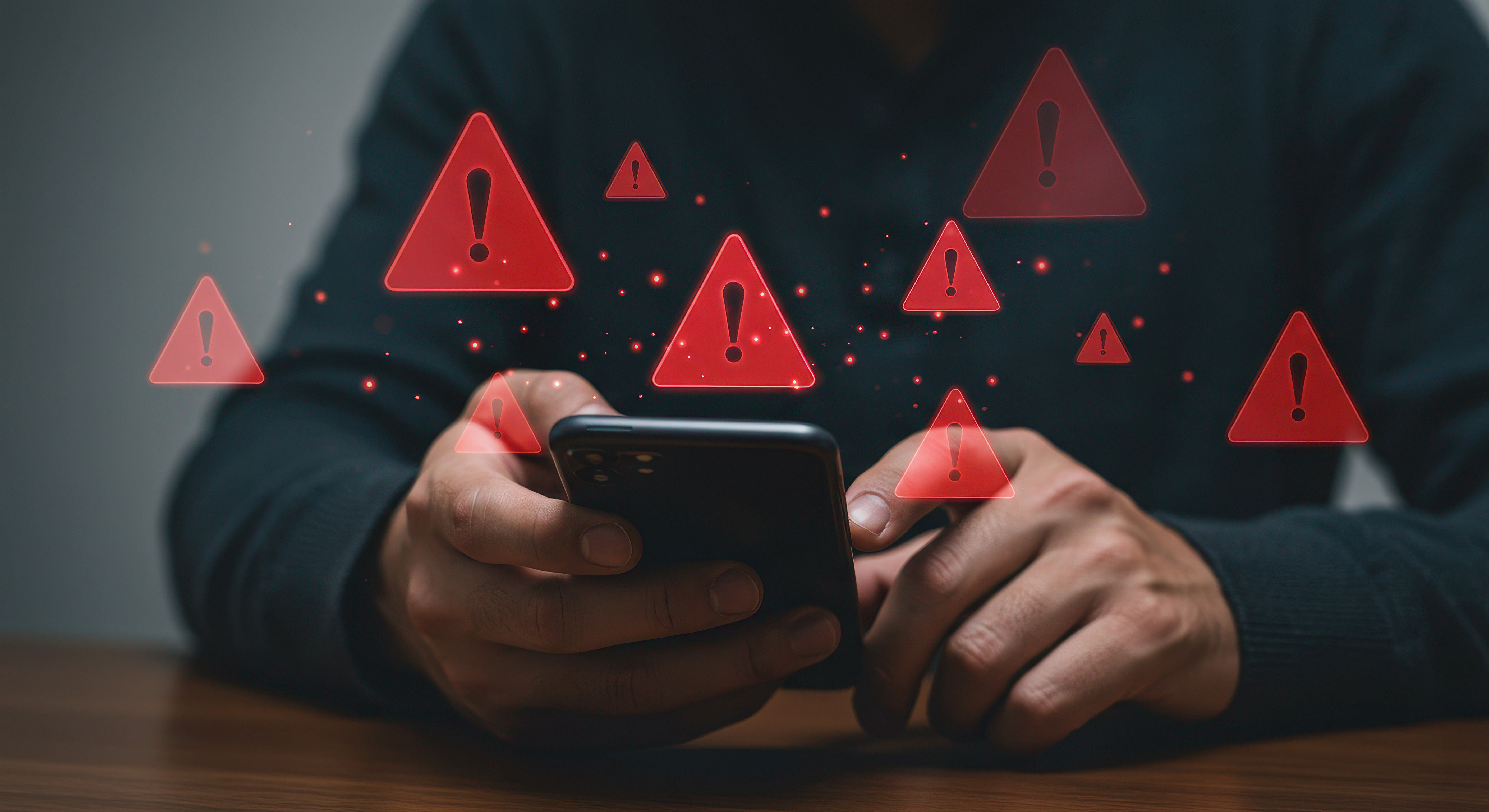We believe in assisting our customers by providing important information to protect your identity and secure your information and finances. Everyday identities are stolen across the world and even in our communities. Criminals can obtain personal and sensitive information in many different ways, such as stealing personal items with sensitive information to deceive people into sharing their information using the phone, mail, or internet. Criminals can be very clever, so we want you to be prepared.
If you think you are being scammed, review the questions below. These are common practices used by criminals to steal your hard-earned money:
- Did you receive directions via an unsolicited call, text, email, social media or computer pop-up notice?
- Were you told that you owed legal fees or overpaid on a refund?
- Were you contacted by someone for a Law Enforcement or Government Agency (Police, DEA, IRS, FTC, Social Security Administration, etc.)?
- Have you been directed to not discuss the purpose of transaction with anyone, including the bank?
- Have you been directed to use Crypto (Bitcoin), Gift Cards, or send funds to someone that you don't know?
- Did someone mail or email you a check, cashier's check, or money order and instruct you to deposit into your account and send it back via cash, bitcoin, wire, or other means available?
- Is the transaction to claim prize winnings in lottery, sweepstakes, inheritance, or related to secret shopper work, etc.?

Financial exploitation of older adults has become a growing, multi-billion dollar issue across the United States. Seniors are often targeted by scammers and dishonest individuals who seek to take advantage of their trust and financial stability. This abuse can come from strangers, caregivers, or even trusted family members.
As a financial institution, we recognize our unique role in identifying suspicious activity, educating our customers and staff, and taking proactive steps to prevent harm. Our goal is to ensure that every senior we serve is treated with dignity, respect, and the financial security they deserve.
We continuously train our team to recognize red flags, respond with care, and collaborate with appropriate authorities when necessary. Protecting our elderly customers isn’t just a responsibility—it’s a priority.
If you or someone you know may be experiencing financial exploitation, we’re here to help.
- Speak with a banker you trust. Our team is trained to recognize signs of financial abuse and can help you take steps to secure your accounts.
- We can connect you with trusted resources, including:
- Louisiana Office of Elderly Affairs - The Governor’s Office of Elderly Affairs Elderly Protective Services Program provides a form for reporting suspicions of abuse, neglect and exploitation of people 60 years or older or adults with disabilities.
- Louisiana Office of Financial Institutions - LOFI provides a great deal of resources, fraud examples, reporting forms and more.
- Elderly Protective Services - report incidents of abuse, neglect and exploitation involving adults ages 60 and older by calling 1-833-577-6532 or 225-342-0144
- BSF offers account safeguards, such as:
- Transaction alerts
- Trusted contact forms
- Withdrawal limits or dual authorization options

financial elder abuse
If you ever feel unsure about a transaction, a request for money, or someone’s access to your accounts, please don’t hesitate to call us directly at 225-635-6397. You are not alone—and we are here to protect you.

What do i do if i've been scammed:
Scammers will often ask you to pay in a way that makes it hard for you to get your money back. Don't pay someone who insists that you can only pay with a gift card, cryptocurrency, a payment app, or a wire transfer service like Wester Union or MoneyGram.
If you paid someone one of these ways, act quickly to report it to the company or bank behind the gift card, cryptocurrency, payment app, or wire transfer service. Depending on how you paid, you might be able to get your money back. But no matter how you paid, it's worth asking.
Did you send cash? If you sent cash by U.S. mail, contact the U.S. Postal Inspection Service at 877-876-2455 and ask them to intercept the package. To learn more about this process, visit usps.com. If you used another delivery service, contact them as soon as possible.
What do i need to know:
- Government agencies won't call to confirm your sensitive information.
- Only scammers demand you pay certain ways.
- There is no prize waiting at the end of the process.
- Don't listen to the caller, you won't be arrested.
- They're just pressuring you when they say 'You need to decide now'.
how do i stop scammers:
1. Don't trust your caller ID, hang up on the scammer.
Common phone scams
2. Consider call blocking or call labeling.

Phone scams
Resources
Identity theft can ruin your financial reputation and take time and money to fix. Reliable resources are available to help you understand the risks and learn how to protect yourself. We have supplied some of the most used contacts and links below.



